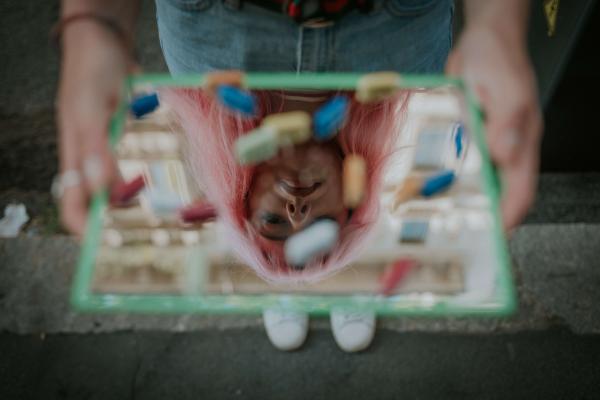Jul 21, 2021
My doctor's reaction to my disorder was rare. When he noticed that my prescriptions were running out faster than they should, he did not shame, blame, or accuse me of any grave moral failing. With kindness and compassion, he noted that I had developed an addiction and immediately assured me that I had done nothing wrong.
Read the Full Article

Already a subscriber? Login
